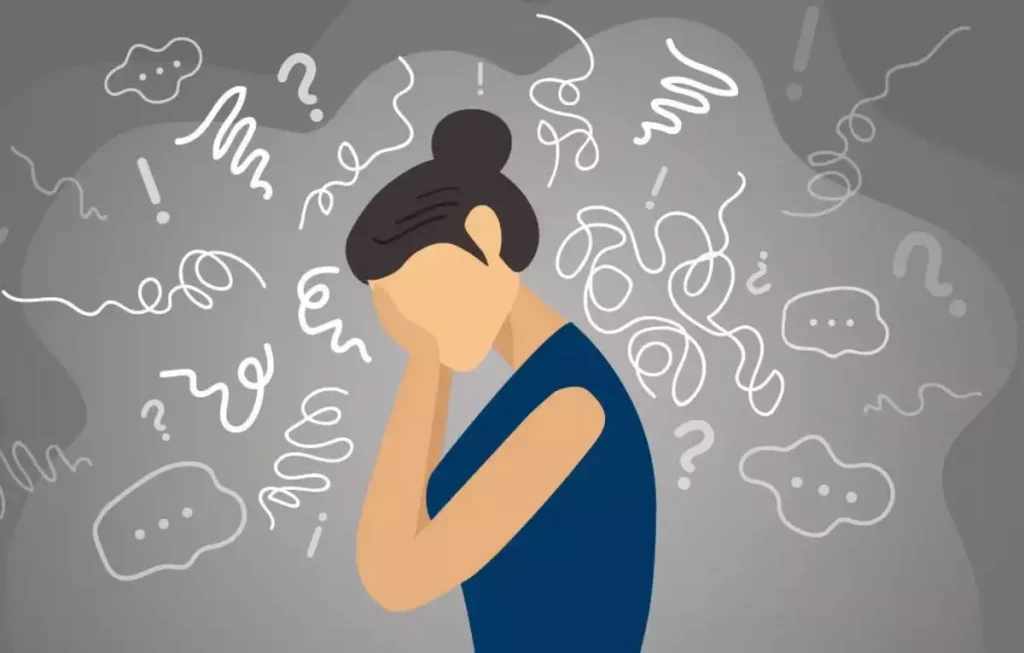Maximizing Your Study Breaks: Strategies to Avoid Burnout
Studying for long hours can be exhausting, and if you’re not careful, burnout can creep in. The key to preventing this is to give your brain and body regular breaks. However, the quality of your breaks matters just as much as your study time. An effective break can recharge you, boost productivity, and keep you motivated. Let’s explore how to make the most of your study breaks and avoid burnout.
1. The Science Behind Breaks
Your brain can only maintain focus for a limited time before efficiency declines. Structured breaks help you:
- Refresh Your Mind: Improves focus and attention.
- Enhance Memory Retention: Aids in absorbing what you’ve studied.
2. The 25/5 Rule
The Pomodoro Technique is a simple yet effective strategy for managing your study time:
- Study for 25 Minutes: Focused study session.
- Take a 5-Minute Break: Step away from your materials.
- Longer Break: After four cycles, take a longer break of 15-30 minutes.
3. Active Breaks: Get Moving
During your breaks, it’s essential to change your physical and mental pace. Here’s how:
- Stretch or Walk: A few minutes of stretching or a short walk can release tension and improve blood flow.
- Dance to Your Favorite Song: A quick dance can provide an instant energy boost and lift your mood.
4. Mindful Breaks: Relax and Reset
Sometimes, doing nothing is the best way to recharge:
- Breathing Exercises: A few minutes of deep breathing can calm your mind and reduce anxiety.
- Meditation: Even a 5-minute session can clear your head and improve focus.
- Mind Wandering: Allowing your mind to wander can boost creativity and help solve problems.
5. Snack Smart, Stay Hydrated
Use your breaks to refuel your body. Choose brain-boosting snacks over junk food:
- Fruits and Nuts: Excellent sources of energy and nutrients.
- Dark Chocolate: In moderation, it can enhance focus and concentration.
- Hydration: Drink water or herbal tea to maintain energy levels.
6. Social Breaks: Connect with People
Studying can feel isolating, so use breaks to connect with others:
- Quick Chats: Call or text a friend for a mental lift. A brief conversation can refresh your mind and provide a change from textbooks.
7. Longer Breaks: Recharge Fully
Longer breaks serve as mini-rewards, keeping you motivated:
- Watch a Show: Enjoy an episode of your favorite series.
- Engage in a Hobby: Spend time on an activity you love.
- Power Nap: A 20-minute nap can enhance alertness and improve your mood.
8. Avoid “False” Breaks
Scrolling through social media or random YouTube videos might seem like a break, but they can leave you feeling more drained. Here’s how to avoid “false breaks”:
- Set Limits: Restrict social media time to ensure quality breaks.
- Use Productivity Apps: Apps like Forest or Focus@Will can help block distractions during study and break times.
9. End Your Break with a Plan
Before diving back into studying, take a moment to plan your next session:
- Review the Next Task: Identify the topic you will cover next.
- Set a Mini-Goal: Define what you aim to achieve in your upcoming study block.
This planning helps transition you smoothly back into study mode, keeping you on track.
Conclusion
When done correctly, breaks can significantly boost your productivity, prevent burnout, and make studying more enjoyable. Remember, sometimes the best way to study is to step away for a bit. Use your breaks wisely, stay balanced, and you’ll reach your goals feeling stronger and more prepared.
Happy studying!



